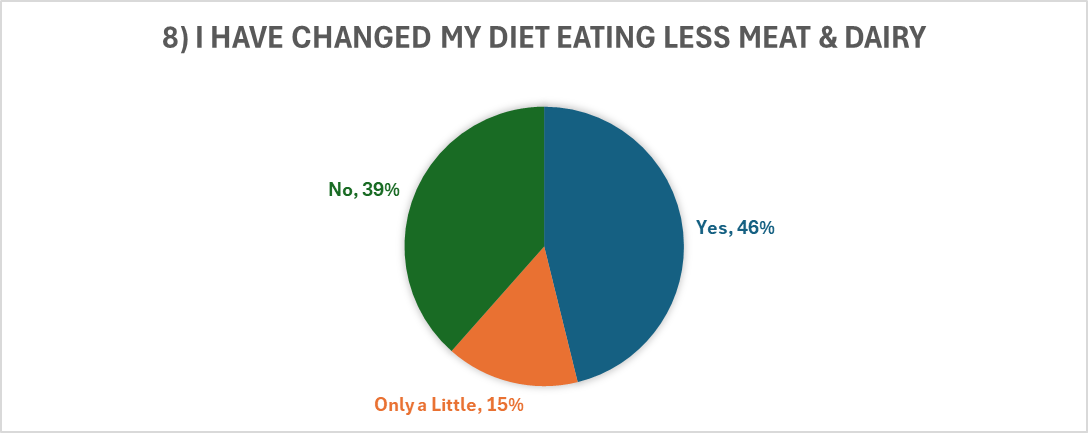As life returns to its normal rhythms after the summer break, the celebrations in June feel a very long time ago! We've enjoyed harvesting tomatoes most Sundays over the summer and sharing them round. The peas were finished long ago and the squash plants have done less well, but I'm hoping one of the fruits is ripe enough to make it into the next church lunch.
Over the summer we have a simpler rota for children's activities with the usual leaders taking a break and other congregation members just picking up a bag with a story book and some activities in. I've tried to make the crafts as recyclable/compostable and environmentally friendly as possible this year. The books were slightly challenging Old Testament texts so, for Moses and the plagues I included making origami frogs and some facts about frogs (the origami frogs were very popular).
For Daniel and the Lions I included a quiz about lions, and we used some of the paper plates that got put into the back of the cupboard for emergencies about ten years ago and haven't been needed. Cups from the same box finally found a use when it came to Jonah and the Whale and that week included pictures of lots of different sea creatures to be put into size order - not an easy task it turned out.

As usual, many of us attended Greenbelt towards the end of the summer. I spent a few hours helping at the Green Christian stand with its sobering screen counting the rising temperature in real time. This was conveniently close to the Hot House venue that had a great many climate related talks, including one in which I learned a surprising amount about using public transport more effectively (this will be feeding its way into green tips in the newsletter). I was struck by the many different definitions of Hope I heard; more than one speaker rejecting the concept of an interventionist/all powerful God; several mentioning that it's better to have many people recycling badly than only very few doing it perfectly; and Kate Raworth's urging 'Don't be an optimist or a pessimist, be an activist'. We had every possible kind of weather with a vengeance, but were blessed with sunshine for the Communion:

The following week I was at a conference on medieval history where I encountered an impressive display of vegetable planting at a place I would not have expected: Christ Church College, Cambridge. I'm not sure we can replicate this at church, but it's something to think about.
Now we are into Creation Season and Fairtrade Fortnight (I'll be using the parable of the workers in the vineyard in Godly Play to explore the latter this Sunday). For this Creation Season the World Council of Churches have been encouraging churches to support the Fossil Fuel Non-Proliferation Treaty by endorsing the Faith Letter for its implementation so we discussed this at PCC earlier in the week and agreed to sign it as a church.
Last Saturday we also had a well-attended meeting about plans for a new heating system as our elderly boilers can't be repaired for much longer. The cost of an air source heat pump is pretty eye-watering and naturally we would rather be spending that sort of money on helping other people insulate their homes or 'quicker wins' for the environment. However, apparently faculties for new gas boilers are only being issued in very exceptional circumstances and because our church is used so much of the week the electric options that many churches are turning to simply won't work for us. That does at least mean we can't feel guilty about spending money in this way, but finding the money may take a little while.
At our most recent Eco Church team meeting we started working through the many suggestions sent by A Rocha when we got our gold award. One of them is to pick one of A Rocha's Target 25 habitats and species to focus on trying to support, so we've opted for butterflies. The main focus for the moment is our proper celebration once Revd Claire returns from sabbatical, and plans to make the front of the church greener.
And I almost forgot, I came into work a couple of weeks ago to find this on my desk - I never expected to find our church mentioned in The Tablet:













































.jpg)



